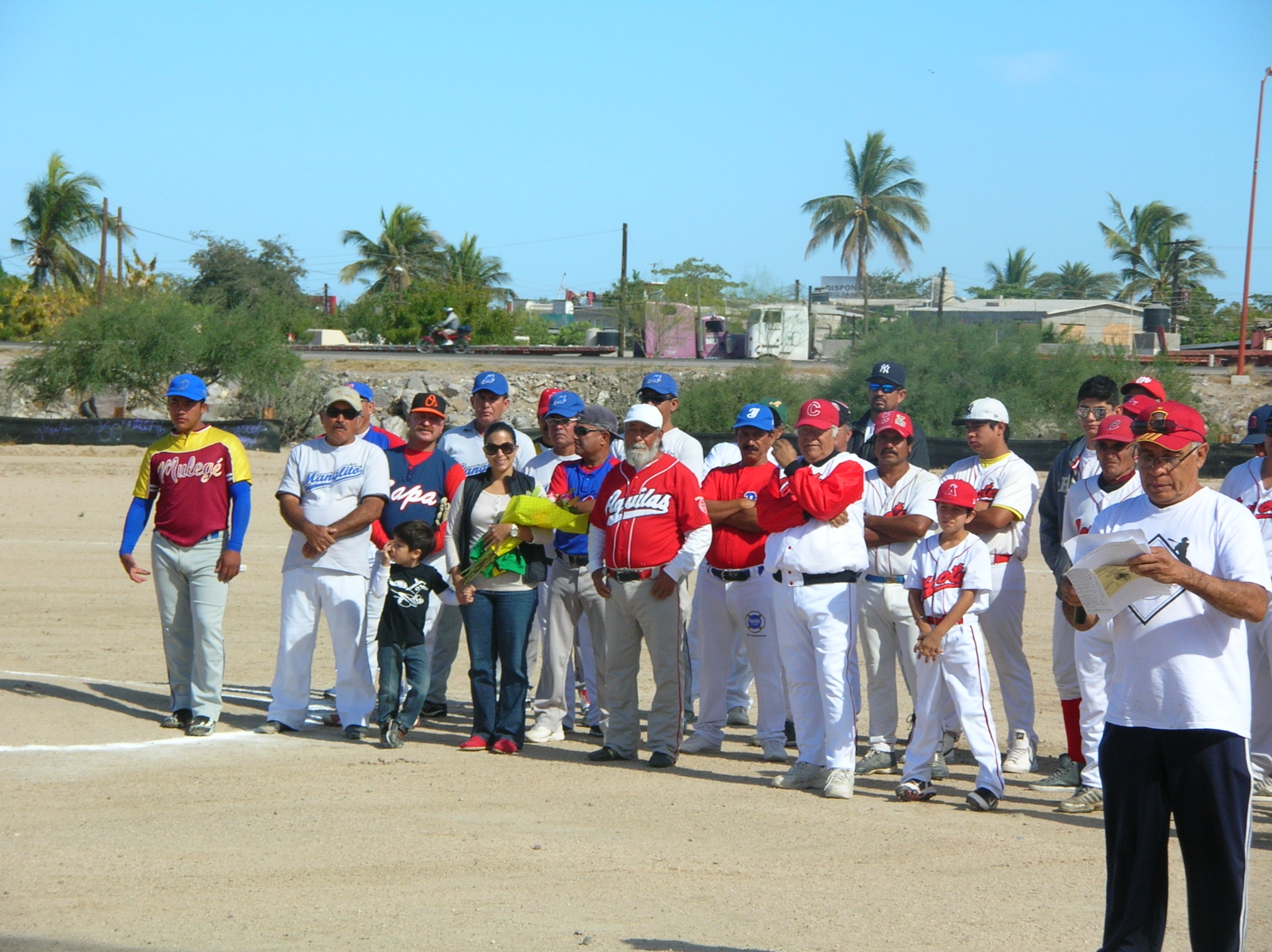by Nathan Senge
NGOs (non-governmental organizations) like NOS are proliferating around the world. They address pressing social and ecological issues that are beyond the reach of government alone. While some involved in fishery restoration are international like WWF (World Wildlife Fund), TNC (The Nature Conservancy), CI (Conservation International), and EDF (Environmental Defense Fund), a great many are local like NOS. These environmental NGOs gather scientific research to assess the recovery of key ecosystems. But this scientific orientation sometimes limits their ability to engage with these issues in a more personal manner, which is needed for lasting results.

Over the past decade, NOS and its surrounding El Manglito community have transformed together. Fishermen, fisherwomen, governments, and other key community members have worked together effectively. This journey has inspired NOS’s co-founder Alejandro Robles to detach from the world of international NGOs in order to get “closer to the on-the-ground changes needed to restore fisheries.”
Along this journey, NOS’s staff came to see how systems thinking tools could help. Trained as scientists, they first had to give up the idea of being ‘experts’ and become beginners again, says then NOS executive director, Liliana Gutiérrez Mariscal. As she says, “one must realize that it all starts with one’s ability to change oneself.” Only then can we listen and evolve our mental models of what is actually going on.
Like OPRE, the new local fishing cooperative, the NOS community faces important questions going forward. Does it attempt to replicate the results of El Manglito in other fishing communities? If it is to have a chance at doing so, Robles believes it first needs to cultivate the larger institutional ecosystem beyond the fishing community and build more effective collaboration with other NGOs and governmental organizations. “We have struggled to maintain creative and positive relationships with peers,” says Robles, who knows those relationships are vital to testing and extending the know-how they have been building in La Paz.
